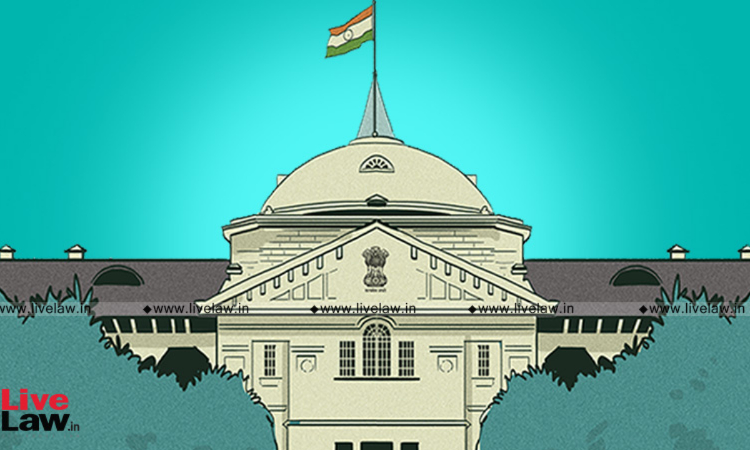- Home
- /
- High Courts
- /
- Allahabad High Court
- /
- Preliminary Decree In Partition...
Preliminary Decree In Partition Suit 'Interlocutory' Or Conclusively Decides Substantive Rights? Allahabad High Court Larger Bench To Decide
Upasna Agrawal
21 July 2025 11:00 AM IST
A single judge of the Allahabad High Court has referred to a larger bench the question whether a preliminary decree in a partition suit is an interlocutory order or an order finally deciding the substantial rights of the shareholder. It also referred the question whether such an order is appealable under Section 207 of the U.P. Revenue Code, 2006.Section 116 of the U.P. Revenue Code,...
A single judge of the Allahabad High Court has referred to a larger bench the question whether a preliminary decree in a partition suit is an interlocutory order or an order finally deciding the substantial rights of the shareholder. It also referred the question whether such an order is appealable under Section 207 of the U.P. Revenue Code, 2006.
Section 116 of the U.P. Revenue Code, 2006 empowers a bhumidhar to file for division of a holding of which he a co-sharer. Section 207 provides for appeals against final order or decree passed in any suit, application or proceeding under Column 2 in Third Schedule or in other circumstances provided. Section 208 provides for second appeals against order passed under Section 207.
Section 209 bars appeal under Sections 207 and 208 in cases provided therein. Section 209(f) bars appeals against interim order or interim decree.
Due to conflict in the judgments in Amarjeet v. State of U.P. and another and Manoj and others v. State of U.P. and others, Justice Manish Kumar Nigam referred the following questions to a larger bench:
“1. Whether a preliminary decree passed in a partition suit would amount to an interlocutory order (an interim measure during the progress of the suit attracting bar created by Sub-Section (f) of Section 209 of the U.P. Revenue Code, 2006) or the same will be a decree conclusively deciding the substantive rights as to shares in the holdings of the parties?
2. Whether an appeal under Section 207 of the U.P. Revenue Code, 2006 will lie against a preliminary decree passed in a suit for partition holdings under Section 116 of the U.P. Revenue Code, 2006?”
Respondent No. 4 filed a partition suit against petitioner and other respondents under Section 116 of the U.P. Revenue Code, 2006 for division of holding. Petitioner filed an objection. Thereafter, Additional City Magistrate, 1st Class, Varanasi passed a preliminary decree determining the shares of the parties.
Against this preliminary decree a writ petition under Article 226 of the Constitution of India was filed by the petitioner. The counsel for respondents raised an objection regarding maintainability of the writ petition in light of Section 207 of the Code which provides remedy for appeal. Counsel for petitioner argued that Section 209(f) of the Code specifically barred an appeal under Section 207 against an interim decree.
Counsel for petitioner relied on Amarjeet v. State of U.P. and another where the Allahabad High Court held that appeal against preliminary decree under Section 116 was not maintainable in light of Section 209(f).
Per contra, counsel for respondents relied on Manoj and others v. State of U.P. and others, where it was held that appeal against preliminary decree under Section 116 was maintainable. It was argued that the judgment in Amarjeet was considered in the later judgment and distinguished. The Court had held,
“Now so far as the judgment relied upon by learned counsel for the petitioners is concerned, in the said case, the Court has not considered the object of incorporating the expression "if the suit is decreed" by the legislature in Rule 109 (2) of the U.P. Revenue Code Rules, 2016 which mandates that the court is empowered to pass a preliminary decree only on the contingency that if the Suit is decreed. In such view of the fact, the judgment of this Court in the case of Amarjeet (supra) is distinguishable and does not apply to the facts of the present case.”
Noting the two conflicting judgments, Justice Nigam referred the questions to a larger bench.
Case Title: Ashok Kumar Maurya v. The State Of U.P. And 25 Others [WRIT - C No. - 41837 of 2024]



